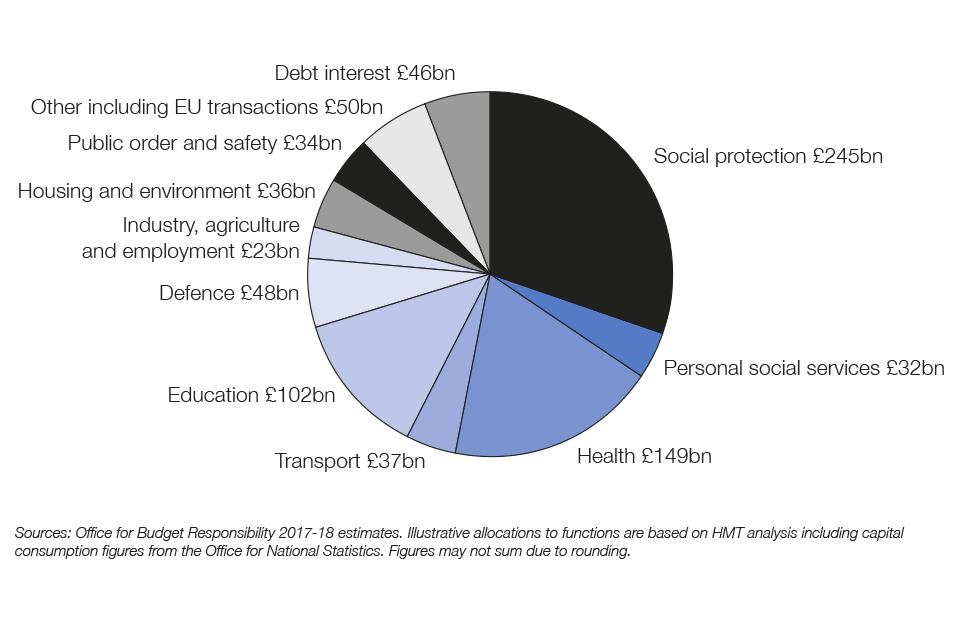Ekkie Thump
Full Member
- Joined
- Mar 9, 2013
- Messages
- 4,481
- Supports
- Leeds United
I've said before many times that Britain could pretty easily afford £3k a year UBI for those non-students over 18 years of age and under retirement age.
That would mean those groups (earning over £11k a year, looking for work, not working and on disability benefits) don't have any major change. Stay at home mums would easily be the largest group of people to gain anything, as they suddenly take in an extra £3k a year.
- Drop the Personal Income Tax allowance from £11.5k to £1k (most earners pay an extra £2.1k income tax.
- Drop to Personal National Insurance allowance from £8160 to £1k (most earners pay an extra £860)
- Cut the drop seekers allowance entirely and sack all the job center staff
- Cut disability benefits slightly
Of course £3k a year isn't enough to live on, although it might tide a few people over. The point isn't that £3k is an end point, but a starting one.
Drop the personal allowance and you've funded 80% of it
This sounds pretty realistic except I was of the understanding that NI contributions go towards pensions which are specifically excluded from your UBI. Completely ending JSA would result in a reduction of about £14 per week for those over 24. Not that most claimants do so for an entire year but it would undoubtedly cause cash flow issues without some sort of alternative short term funding in place.


